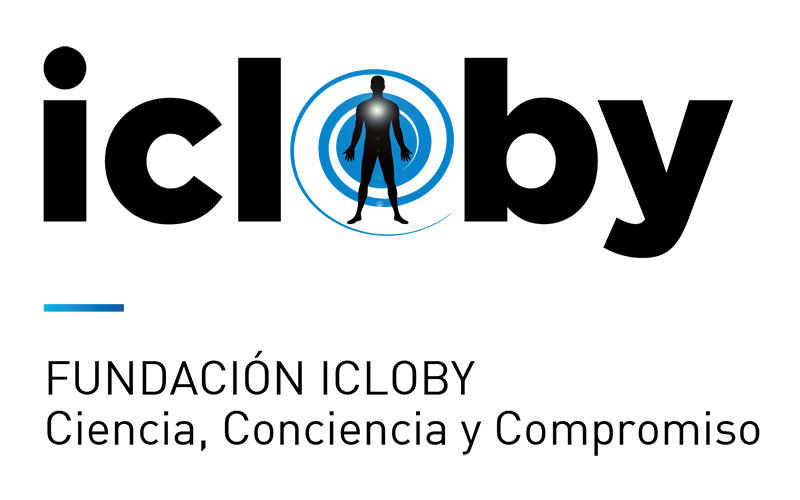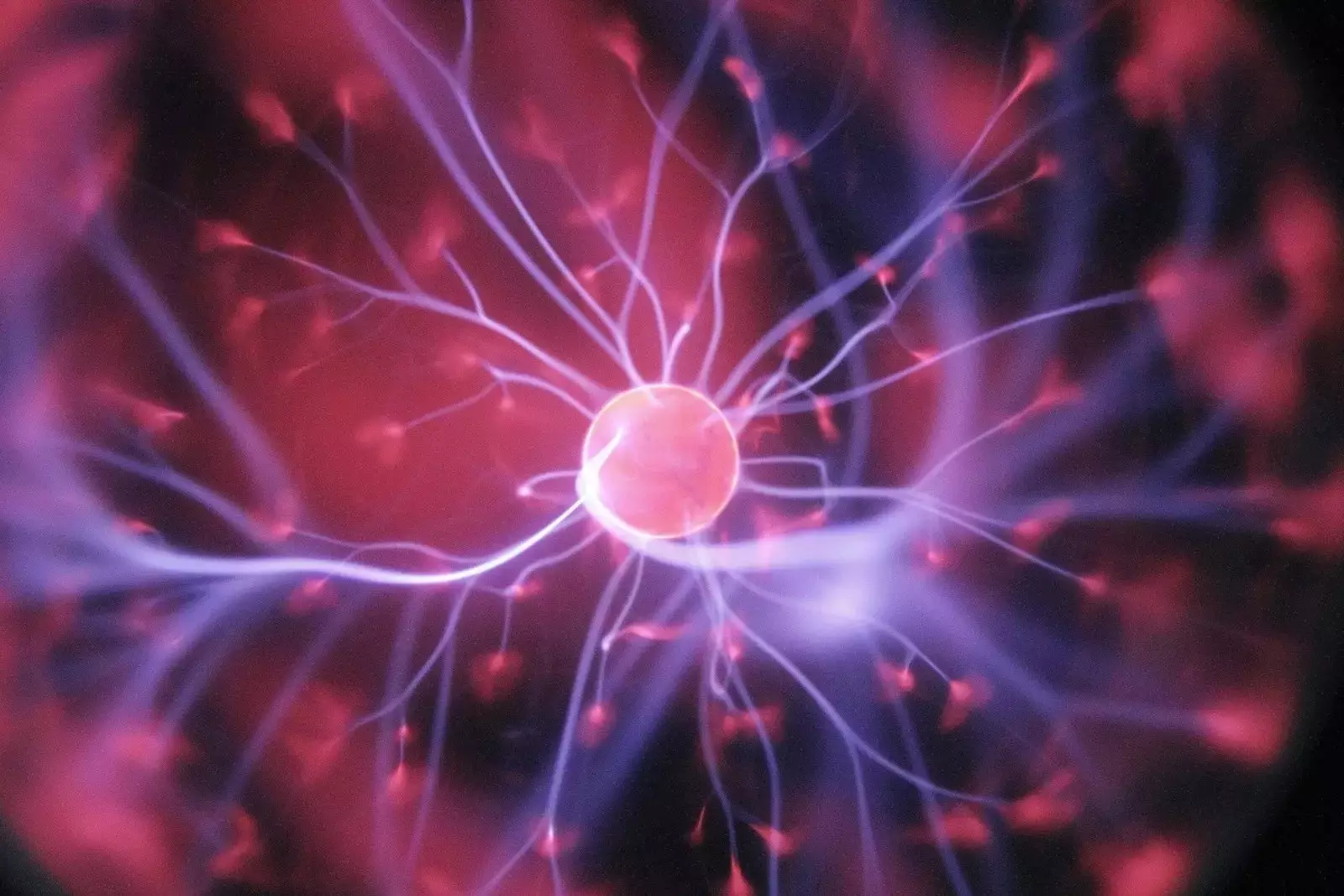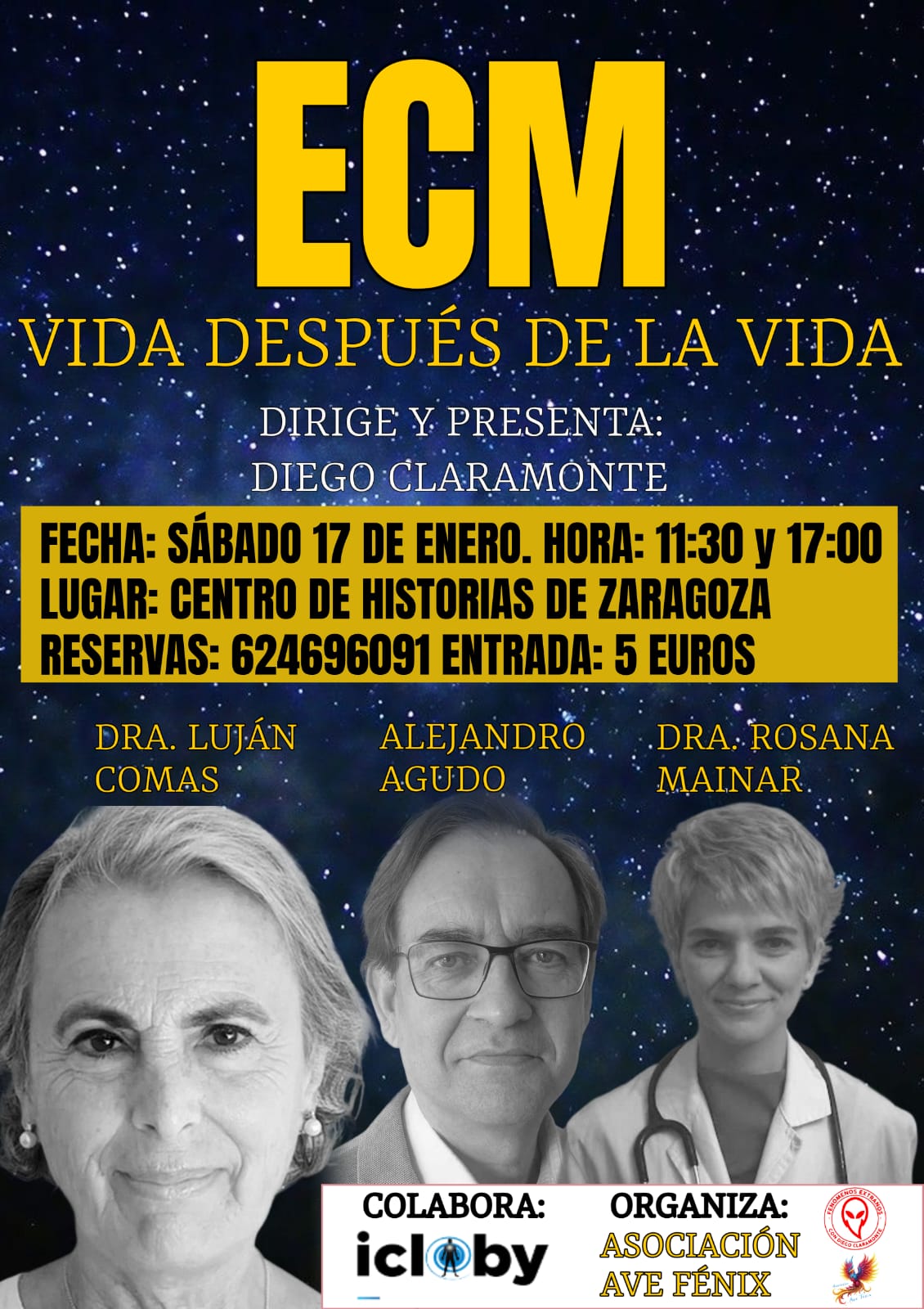Her dream was always to become an astronomer. However, Natalia Sánchez, the subject of this month’s feature, ended up studying Chemical Engineering instead. As often happens with dreams, she put hers aside while building her professional career and raising a family.
Despite not being religious or practicing any faith, two experiences that could be classified as “spiritual” reignited her passion for the stars and the universe, leading her to pursue a Master’s degree. Her curiosity about concepts like time, reality, and dimensions allowed her to merge Astronomy with the study of NDEs.
Her research involved surveys of 30 individuals who had experienced an NDE, along with in-depth interviews with 10 of them. She found that in 70% of cases, NDEs significantly impacted the individual’s Cosmological Vision. For those where this impact was absent, she discovered that NDEs function like a compass—one that each person chooses to follow or not.
Dr. Sánchez also identified three key themes in the accounts of people who have had an NDE:
- There is an “afterlife,” though its nature varies based on personal beliefs.
- There is a profound sense of interconnection—many describe feeling part of something greater.
- People return with a more open attitude toward service, helping others, connecting with nature, love, self-value, and spirituality, among other shifts in their approach to life.
For Dr. Sánchez, Cosmology represents an individual’s worldview—how we understand the structure of reality, the cosmos, and the universe around us. She sees NDEs as a compass guiding people in shaping their future path, though there is no set timeline for making such a decision. Working with individuals who have had NDEs led her to reassess her own worldview and adjust her life’s direction based on what she calls her Life Purpose.





